Digital Stadium Services: A revolution in sports venue technology
Digital stadium services have brought a new era in fans and operators view and identified significant opportunities for business. Taking into consideration possibilities of stadium-linked applications and proper technologies of contemporary sports venues one can identify that stadiums are evolving into smarter, more efficient and more customer-oriented perspective. We should look into many-splendored aspects of this digital revolution – from fans’ personalization to innovations in sustainability – with real-world use cases in mind.
The new standard: Why digitalisation of stadium services matters
In recent times, the spectator has come to expect a more complete and personalised service, which is why the transformation of stadium services into high-tech has become a necessity rather than a desire. In today's world, technology has made it easier for venues to establish excellent relationships with fans, as well as to implement adequate security measures and efficient operational procedures in order to remain relevant in this rapidly growing market.
Key benefits of digital stadium services
- Enhanced fan experience: Instant access to information, customised services and interactive features.
- Operational Efficiency: Streamlined processes and reduced waste of resources.
- Revenue Growth: Increased spend through convenience and personalised marketing.
- Enhanced security: Advanced surveillance and crowd management systems.
How stadium-linked apps are transforming fan engagement
Apps connected to stadiums transforming the way venues connect with their audiences and offering experiences tailored to individual needs. These tools are reshaping the traditional fan journey, making it smoother, smarter and more interactive.
Personalized Fan Journeys
Modern stadium-linked apps are designed to put fans in control of their experience. Here’s how:
- In-App Ordering: Fans will be able to order food, drinks and anything else from food trays that will be delivered to their specific location.
- Augmented Reality Experiences: Fans will be offered games, full-screen live stats and behind-the-scenes tours as part of the in-game entertainment.
- Real-time navigation: Interactive maps guide attendees from the parking lot to their seats, eliminating delays.
Real-Life Example: Tottenham Hotspur Stadium
The venue’s app offers personalized notifications, fast-track entry, and even integrates with the local transit system to plan the journey home, making it a fan favorite.

Smarter operations: Logistics, parking and retail
1. Intelligent Parking Solutions
Parking is often a source of frustration for fans. Digital tools address this by:
- Dynamic Parking Assignments: Apps show real-time availability and guide drivers to open spots.
- Advanced Payments: Contactless and pre-booked options streamline the process.
Example: AT&T Stadium
Using a smart parking system, AT&T Stadium has reduced wait times and maximized lot usage during peak events.
2. Optimized Food and Beverage Operations
Technology enhances concessions in several ways:
- Self-Service Kiosks: Reduce queues and improve order accuracy.
- Dynamic Menus: Adjust offerings based on demand or inventory levels.
- Sustainability Tracking: Reduce food waste through predictive analytics.
Example: Golden 1 Center
At this Sacramento-based arena, AI-driven systems track demand patterns, ensuring popular items are always stocked and waste is minimized.
Environmental responsibility: Green stadiums of the future
Energy Efficiency through IoT
IoT sensors optimize energy consumption by:
- Monitoring Usage: Identifying peak periods and adjusting systems accordingly.
- Smart Lighting: Automatically dimming lights during downtime.
- Renewable Integration: Supporting solar panels or wind turbines.
Example: Allianz Arena
This stadium is a pioneer in energy efficiency, using solar panels and IoT systems to manage power usage effectively.

Water Conservation
Modern stadiums use IoT to monitor water usage:
- Smart Irrigation: Sensors track soil moisture to prevent overwatering.
- Low-Flow Fixtures: Reduce water use in restrooms.
Safety and Security: Keeping fans safe
AI-Driven Crowd Management
Large crowds require precise management, and AI solutions deliver:
- Predictive Analysis: Identifies potential congestion points and adjusts flows.
- Threat Detection: AI cameras monitor for unusual behavior or unauthorized access.
Example: Evolv Technology
Evolv’s AI-enhanced systems provide rapid, non-invasive screening, ensuring both safety and efficiency.
The future of stadium technology: Trends to watch
1. Integration of 5G
By integrating 5G, stadiums will be able to deliver the high internet speeds and low latency that enable features such as live streaming and real-time replay across multiple cameras to be displayed on fans' devices. The Tokyo 2020 Olympics were able to take advantage of 5G networks to provide spectators with additional overlay features using AR, such as real-time stats and athlete information about events. This technology allows venues to meet the connectivity needs of tens of thousands of fans without disrupting communications and content distribution.
5G also supports the creation of IoT structures, including smart ticketing structures and sensors for crowd analysis. For example, fans in the Vodafone Business Lounge at the Borussia Dortmund stadium use IoT devices powered by 5G to zone fans, reposition seats and improve security measures. It has high capacity and reliability, through which data is collected and likely analysed in real time, transforming stadium management.
2. Multi-Purpose Venues
Stadiums are no longer just A-ticket facilities. Multi-purpose stadiums are used to host sporting events, concerts, conferences and community activities. For example, the Mercedes-Benz Stadium in Atlanta hosts NFL games, soccer matches and major music concerts. The fact that it has a retractable roof and retractable seating means that it is extremely versatile and can be used for many profitable purposes throughout the year, appealing to more than just sports fans.
The multi-purpose facilities of the twenty-first century include retail, dining and entertainment components. Finally, the SoFi Stadium in Los Angeles integrates a new-age sports venue with shopping malls, restaurants, nightlife and housing. The model below reinvigorates the traditional stadium into an active venue where people come to enjoy a variety of activities in addition to events.
3. AI and Big Data
Better analytics can predict trends, maximise resources and improve marketing activities. AI and big data are transforming stadium management, providing recommendations for an enjoyable fan experience and increasing the efficiency of the facility. These are the technologies that The BrightByte presents.
The BrightByte uses AI-powered data analytics to help stadium operators make smarter decisions and movement patterns to identify trends and optimise operations in real time. For example, during an event, The BrightByte can predict which concession stands will experience high demand and suggest staff reallocation to minimise wait times.
Action Plan: Bringing digital transformation to your venue
Here’s how businesses can embrace the digitisation of stadium services:
- Assess Needs: Identify areas where technology can improve operations or fan experience.
- Collaborate with Experts: Work with tech providers to implement scalable solutions.
- Invest in Training: Equip staff to manage and utilize new systems effectively.
- Monitor Success: Use analytics to refine offerings continuously.
When it comes to digitising stadium operations and enhancing the fan experience, The BrightByte offers expertise in custom software development using advanced technologies such as AI, machine learning, and IoT. For example, The BrightByte's use of real-time analytics helps venues make informed decisions about staffing, concessions, and visitor flow to ensure seamless operations. The BrightByte's solutions also help to create highlight reels of the game, analyse them and offer them to the interested public as ready-made content.
The emerging digital services for stadia are enhancing the prospects for the business and venue operators to a remarkable level. From increasing fan interaction with stadium-related applications to harnessing sustainable technologies, everything is possible. Leading the market by embracing these advances will set the pace for fans, operations and the growth of sports venues in the future.
So don't wait, it's high time you earned their loyalty and increased your revenues.




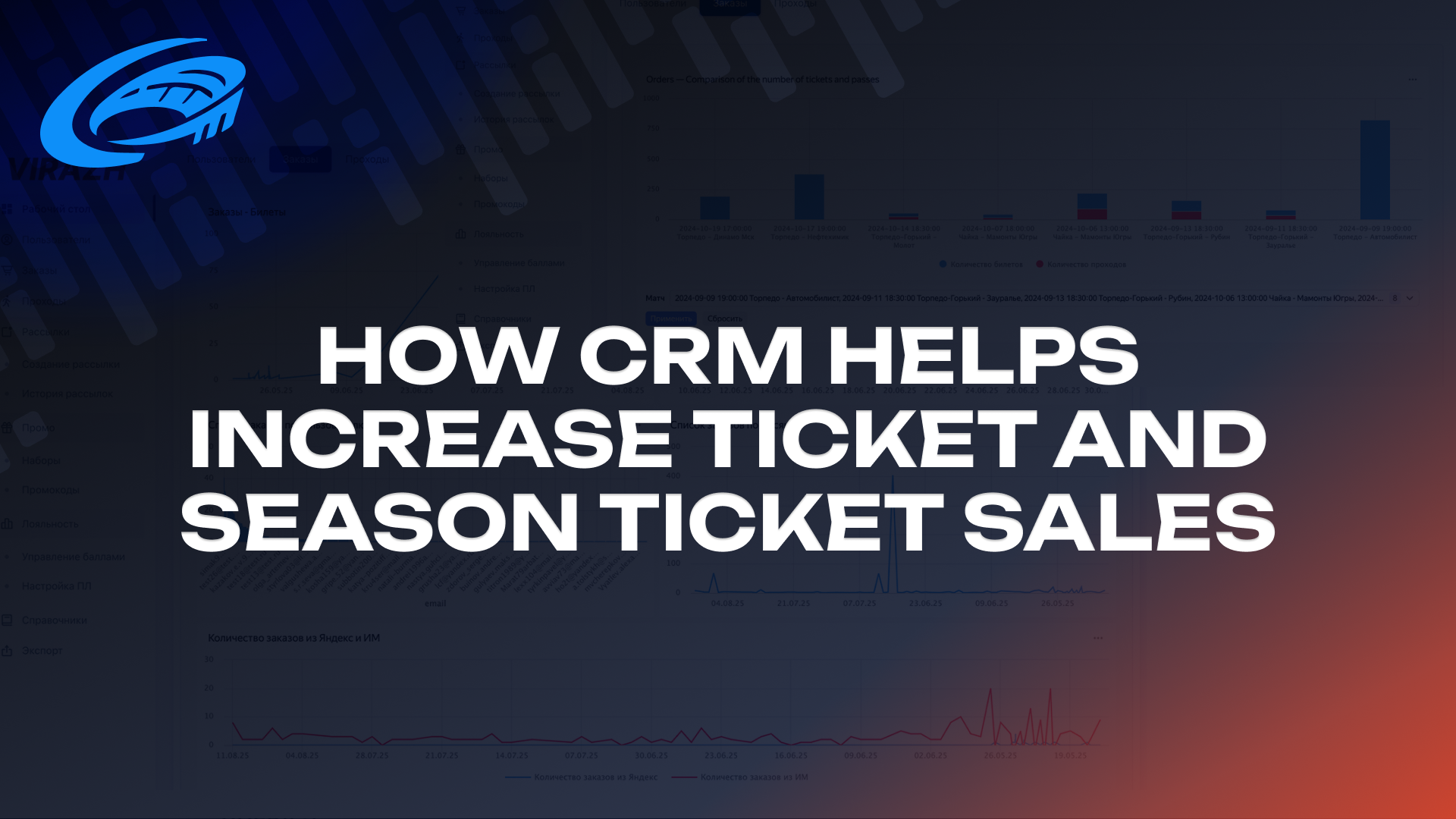
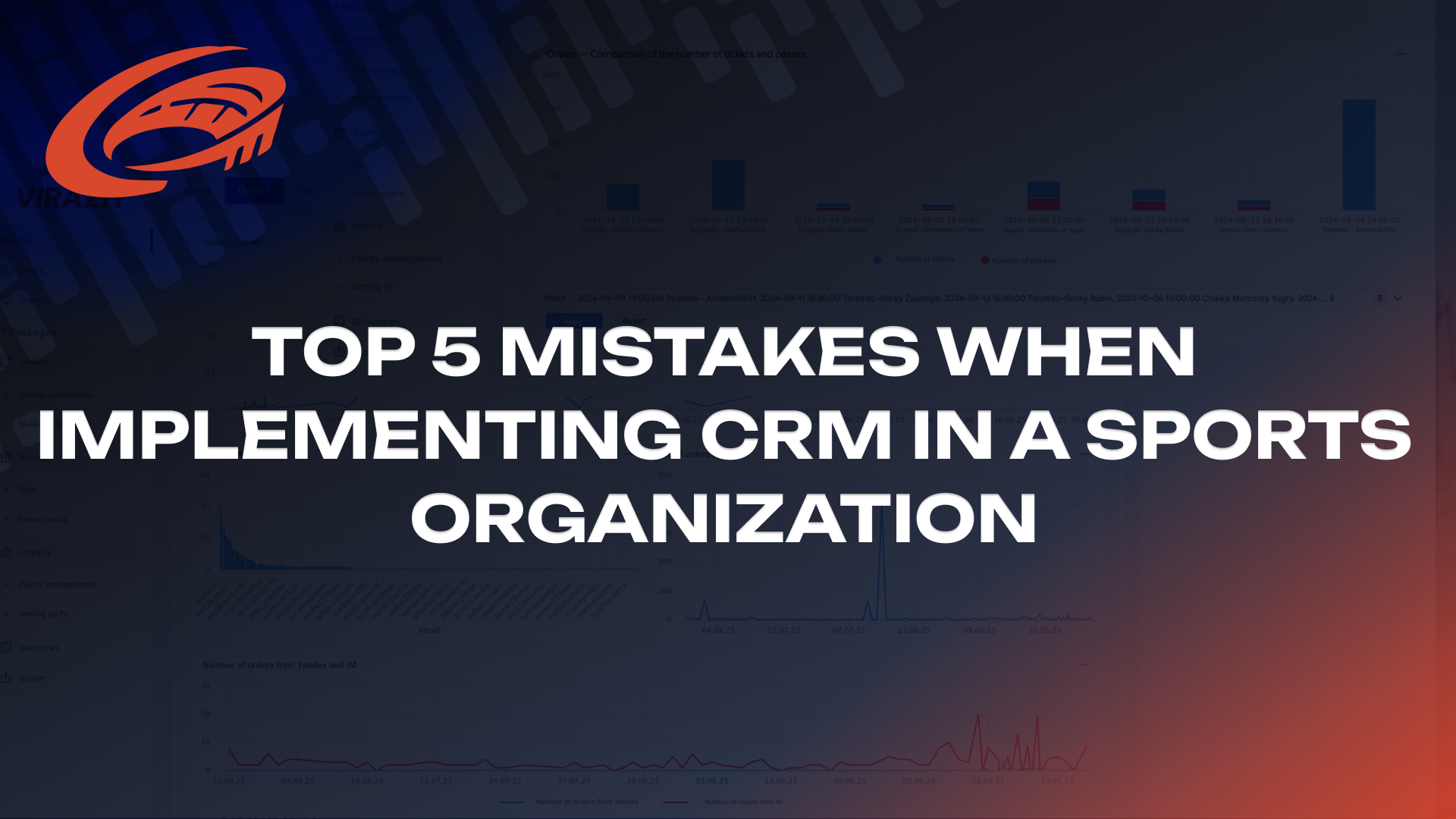

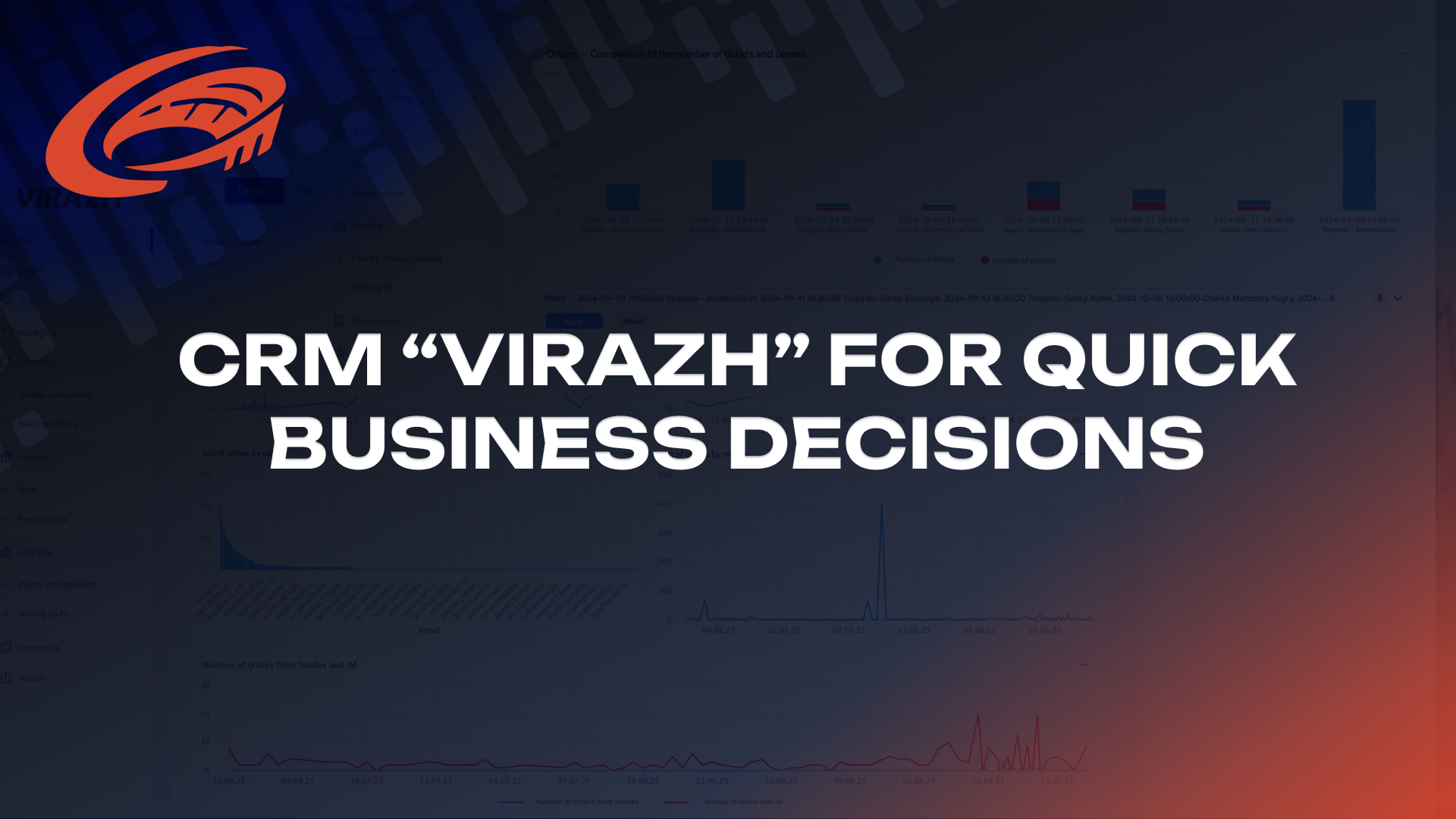





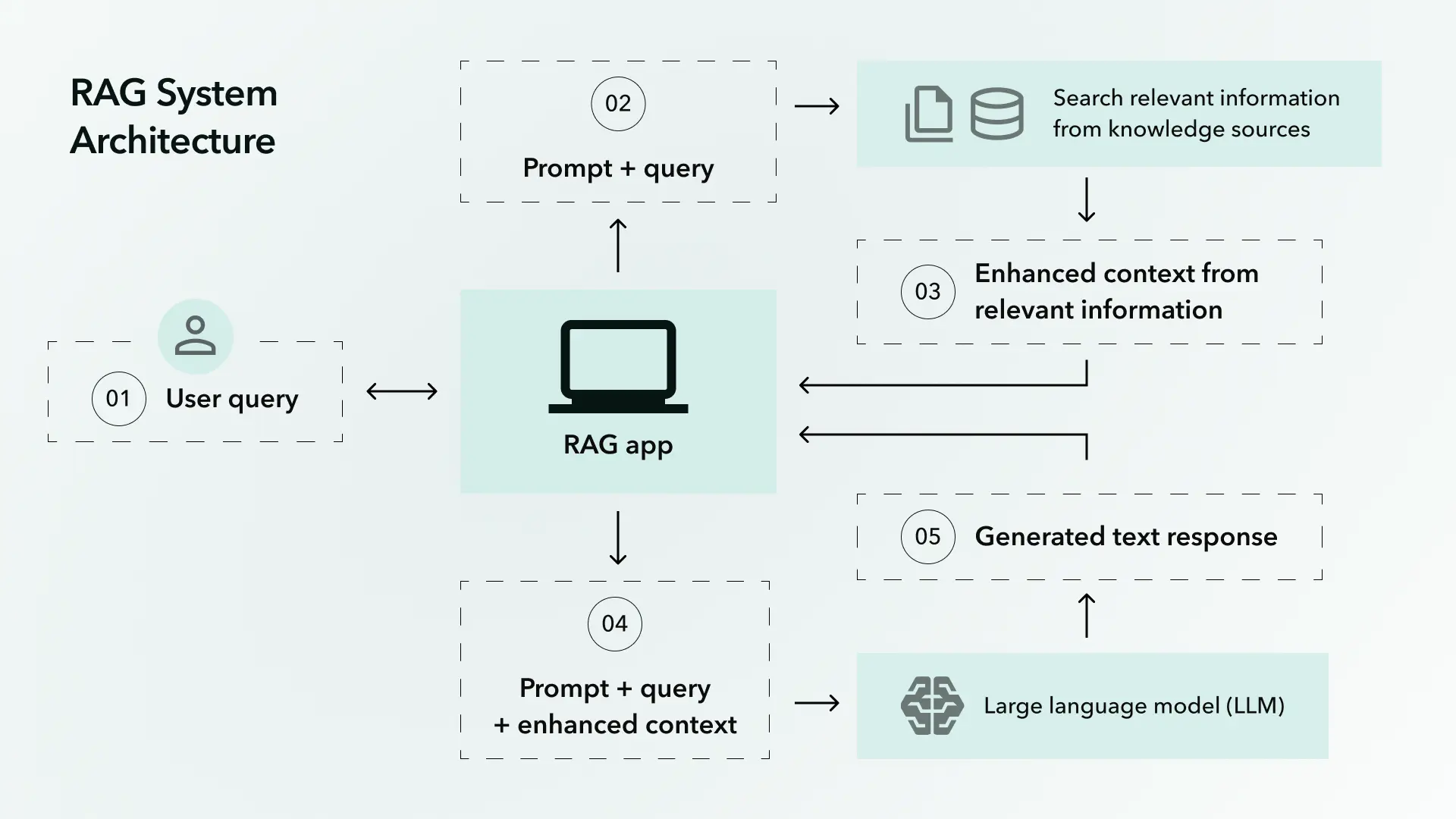





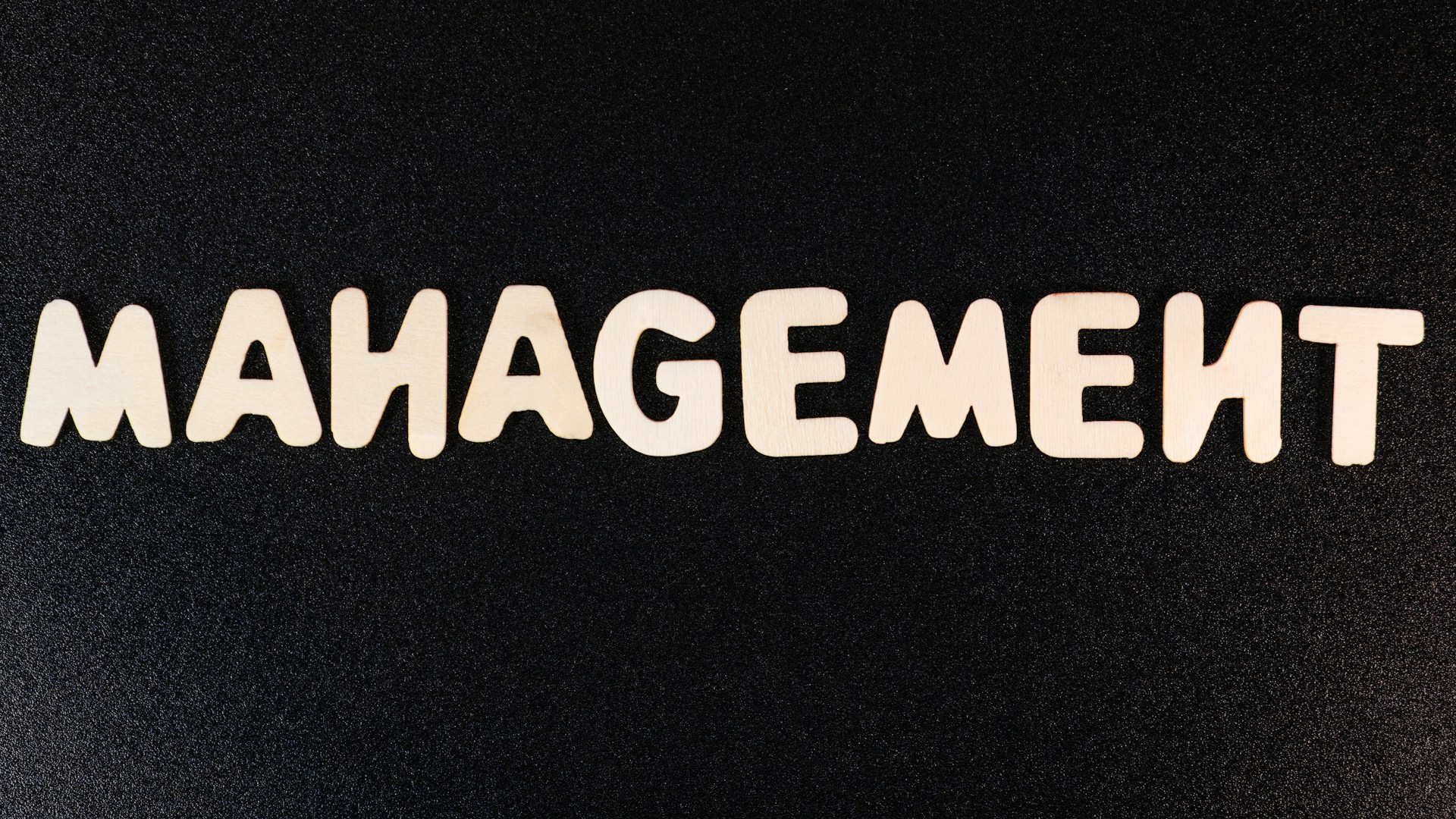




![Custom Software Development Rates by Country [2024]](/assets/images/expertise/it_service/generative-ai-services-hero-banner.webp)





